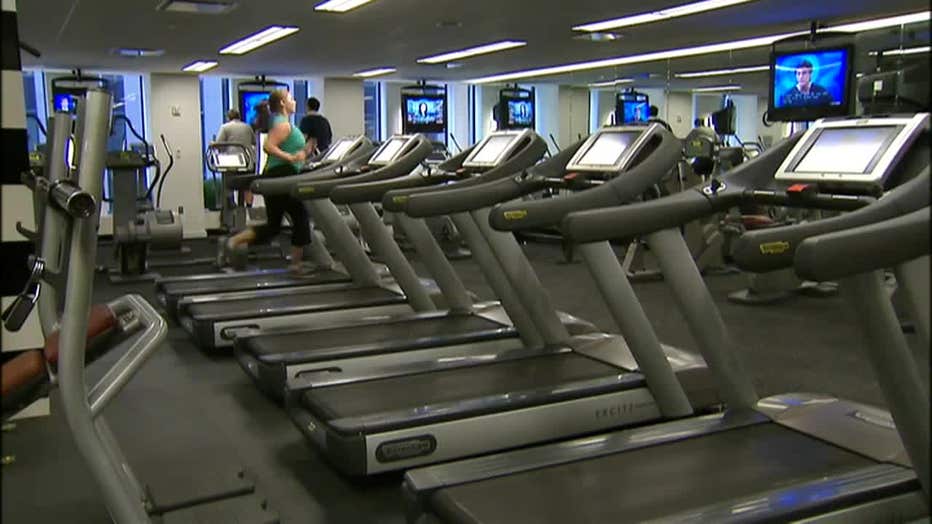Can too much exercise actually speed up aging? What researchers say
As the age-old saying goes – "everything in moderation" – even when working out!
That’s according to new research by Scandinavian scientists that found that too much exercise can speed up the aging process.

The new research was done by Scandinavian scientists.
About the study
The study followed more than 11,000 same-sex twins over 45 years.
Participants self-reported activity and were placed into four categories: sedentary, moderately active, active and highly active. It found aging accelerated for those who exercised too little, and too much.
"So this study was very interesting," said gastroenterologist Dr. Rabia De Latour, who's also an assistant professor at NYU Grossman School of Medicine. "They're trying to really get down to brass tacks and see how much exercise specifically is beneficial for promoting a longer life and better health in terms of mortality rate and also just biological aging, which is what they looked at among twins. But the problem I had with it was when they adjusted for body mass index among people who exercise, it's not the most reliable number to use."

The study followed more than 11,000 same-sex twins over 45 years.
Multiple studies have previously confirmed those who exercise more live longer and healthier lives.
"What I found interesting was that they were saying that people who exercise the least and those who exercise the most are highly active in the study, had the most advanced biological age," Dr. De Latour added. "When they looked at mortality rates, they found that people who were in the sedentary or the least active group of the four groups say delineated had the highest mortality rate. That's totally in line with the data that we already have."
The World Health Organization recommends adults aged 18 to 64 should do at least 150 to 300 minutes of moderate-intensity aerobic physical activity a week, or half the time at a more intense and vigorous level.
"So these numbers are more reasonable, and they're good for keeping your heart healthy, your brain healthy, staving off diseases that we know are associated with an increased mortality rate like obesity, diabetes, heart disease," Dr. De Latour said. "So it's just one good thing you can do for your body to work out. So I would not use this study as an excuse to stop working out."
The study has not yet been peer-reviewed.

